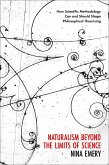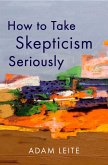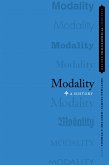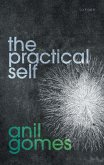Starting-point epistemology (SPE) is a new position in epistemology that, coupled with agent-centered rationality-the idea that a rational agent is one who cleaves to their own picture of rationality-is the key to resolving philosophical scepticism. SPE acknowledges that metacogntively-sophisticated agents know that they know things, and know some things about the methods by which this happens. Agent-centered rationality implies that a metacognitively-sophisticated agent should only desert a knowledge claim because of a challenge they recognize to be fatal to that claim. Scepticism is metacognitive pathology. Except in those rare cases when an individual is cognitively damaged, sceptical arguments should fail. In
Challenging Knowledge Jody Azzouni studies the various ways the cognitively healthy can protect themselves from prematurely denying what they take themselves to know. A sceptical position results from an agent's failure to correctly monitor their own processes of knowledge gathering. These scenarios are characterized as cases that are "logically compatible" with the evidence had by that agent, but logical possibility is not coextensive with epistemic possibility. The former allows cases that no agent should regard as challenging their knowledge claims, and excludes cases that every agent should be concerned with. Giving in to logically-possible scenarios illustrates an agent's failure to stand their ground when inappropriately challenged; e.g., yielding their knowledge claims in cases where they know the scenarios being presented are too remote to take seriously. Azzouni shows how the arguments for Cartesian and Pyrrhonian scepticism turn on failures to appropriately evaluate one's knowledge-gathering methods.
Dieser Download kann aus rechtlichen Gründen nur mit Rechnungsadresse in A, B, BG, CY, CZ, D, DK, EW, E, FIN, F, GR, HR, H, IRL, I, LT, L, LR, M, NL, PL, P, R, S, SLO, SK ausgeliefert werden.









